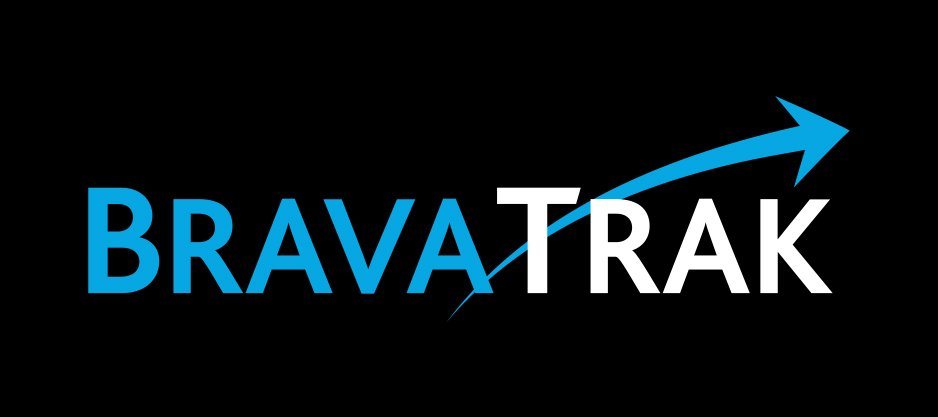What Is The Difference Between Closed And Open Questions, And Why It’s So Important
Transcript
Hi there, this is Blair from BravaTrak.
You'll know by now that I'm not a fan of training team leaders in the GROW conversation. So I've been thinking about what you can replace it with, for those coaching conversations where you need to guide behaviour.
The Advantage Of Open Questions
But, before we get into that, let's take a bit of time to consider the fundamentals of coaching. In my view, there are two fundamental skill sets required to be a good coach. Firstly, the ability to pinpoint behaviour, and secondly, the ability to ask useful open questions. Both require a higher level of skill than most people realise.
There's a saying that "Coaching is asking, not telling." While it's not completely true, it's a useful generalisation. So, what sort of questions are of most use in coaching conversations? Well, I've worked with thousands of contact centre team leaders and managers over the years. I've noticed the best coaches of them mostly ask open questions, while the rest mostly ask closed questions.
The Difference Between Open And Closed Questions
So why do open questions work so well? Well, consider the purpose of these questions. Closed questions confirm information. They generally elicit a "Yes" or "No" response, or have a limited set of possible answers, while open questions seek more information and deeper insights.
Closed questions start with the likes of "Do you", "Could you", "Will you", "Are you." While open questions start with "Who", "What", "When", "Where", "Why" and "How."
The problem is, the default question type for many team leaders and managers is the closed question. They accidentally use a question type for confirming information, when they actually want to seek information. This dramatically reduces their effectiveness as a coach.
For example, they might ask, "Do you understand why your behaviour is unacceptable?", rather than helping the other person develop deeper insights by asking, "What impact do you think that behaviour is having on your teammates?"
Most Managers Default To Asking Open Questions
The default is so strong, I've seen many managers write down open questions they could use prior to going into a role-playing coaching conversation, then automatically start asking closed questions once they're in that conversation. In every case, they couldn't believe they unconsciously made the switch from open questions to closed.
The ability to ask useful open questions requires a much higher skill level than most people realise, because we have to overcome this unconscious bias to ask closed questions.
That's my take. What do you think?
